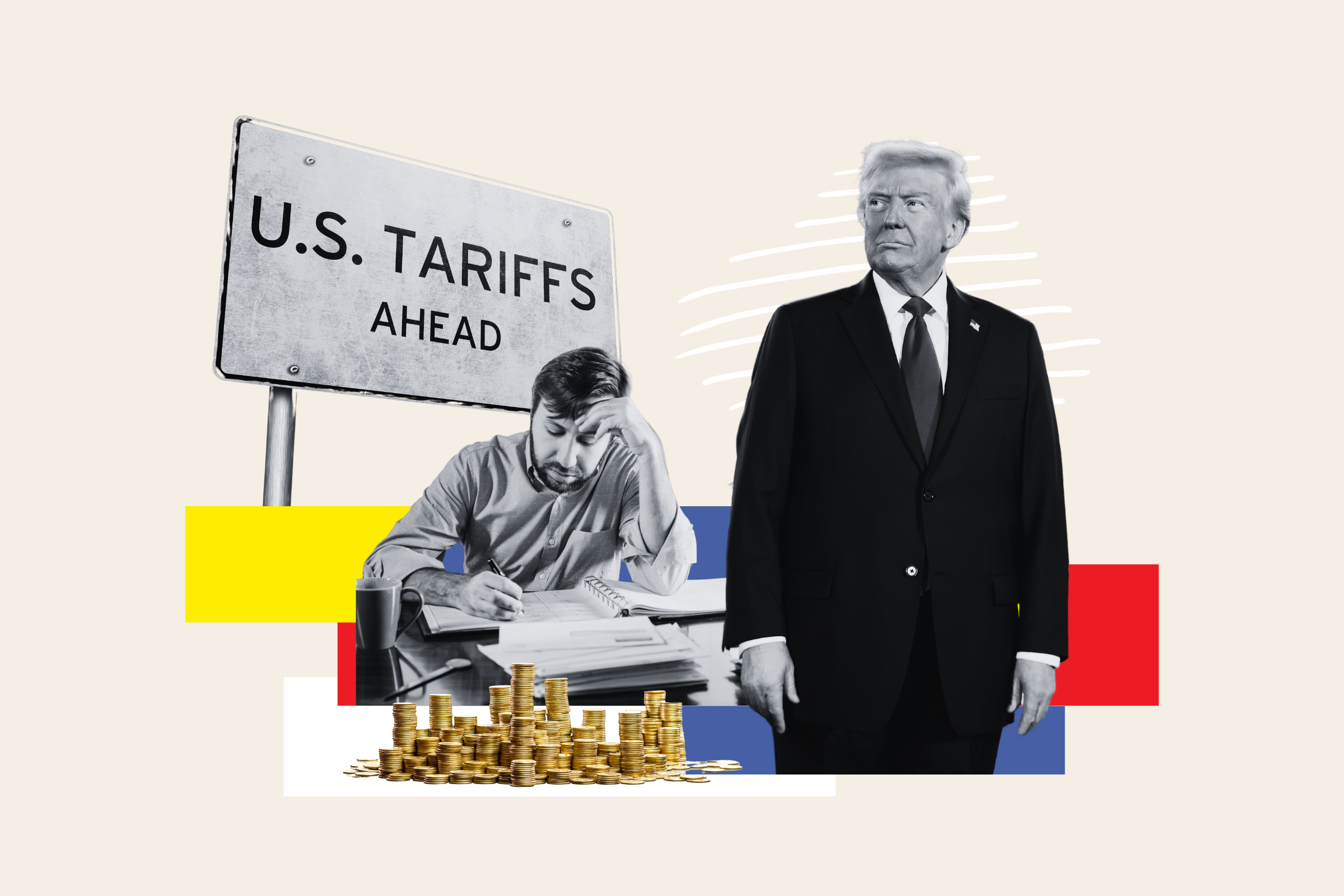NPR’s Ayesha Rascoe speaks to Caroline de Gruyter contributing writer at Foreign policy, about the incoming NATO secretary general, Mark Rutte.
AYESHA RASCOE, HOST:
We now turn to Europe, where the North Atlantic Treaty Organization, or NATO, is getting a new secretary-general. That job is going to Mark Rutte, the outgoing Dutch prime minister. Rutte is taking the job at a fraught time – the ongoing war between Russia and Ukraine, increasing alignment between Russia, China and North Korea, and so much more. Caroline de Gruyter is a contributing writer at Foreign Policy covering European affairs, and she joins us now from Brussels. Welcome to the program.
CAROLINE DE GRUYTER: Thank you.
RASCOE: So first tell us a bit about Rutte. When he was the Dutch prime minister, what were his marquee policies?
DE GRUYTER: Oof, very difficult to say because Mark Rutte is basically a manager. He is not so much a man of content. He is much more a consensus seeker. He basically managed four different coalition governments and is known in the Hague and beyond, actually, to value agreement over content. The Dutch political landscape is very fragmented. And so when his governments were in trouble, as they were from time to time, then he would not be very principled and would try to bend over backwards to keep the coalition going.
RASCOE: And, you know, as you’ve reported, he’d been asked twice to head NATO by President Biden. He declined twice. Why was that? And what changed?
DE GRUYTER: Because he felt that in the Netherlands, I mean, his time was up. People have been looking at the same prime minister for 14 years. There’s a time to go. He simply felt it. So he started de-mining the field. And so first, he had to let the government fall. And he did this last summer over a very small immigration issue, and everybody was surprised. Then came new elections, which were won in November by far-right leader Geert Wilders. And then it took four parties again, eight months, to form a new government. He didn’t have the time to succeed Stoltenberg last year in October, and he apparently actively helped him to get his mandate extended with another year. So this has been his planning all alone.
RASCOE: You know, when then-President Donald Trump was in office, he leaned on European members to pay more. And since then, he has said if they don’t continue to pay more, that the U.S. would not protect them from Russia and that he encouraged Russian forces to, quote, “do whatever the hell they want,” unquote. You know, so how will Rutte handle a potential second Trump presidency?
DE GRUYTER: In a very hands-on way. Rutte is very transatlantic. Moreover, he has dealt with Donald Trump before. And he was one of the few, actually, European leaders during Trump’s presidency who actually somehow got along with him by making jokes, by also praising him. And, you know, he went into the Oval Office and says, oh, you have such a tiny desk, you know, sort of breaking all the tension that could possibly be there, and they started laughing. And then he left the Oval Office, and Trump said, oh, I like this guy.
RASCOE: And what about, you know, Russian president of Vladimir Putin, who obviously has been building his own sort of coalition with China and North Korea. And what does that mean for NATO under Rutte?
DE GRUYTER: Rutte has experience with Putin, because in 2014, the year also that Putin annexed the Crimea, he actually – or his cronies in Ukraine – shot a Malaysian airlines plane out of the air above Ukraine with almost 300 people on board. And two-thirds of them were Dutch. Rutte actually dealt with this whole crisis. He had to talk to Putin a lot. Putin was lying to him. Putin didn’t lift a finger to make sure that the bodies could go back to the Netherlands. He blocked and sabotaged every step on the way to an independent investigation into what had happened and who had shot that plane out of the air. So Rutte knows, I think, more perhaps than other Western leaders, exactly what kind of a man Putin is.
RASCOE: Well, do you think that he will be able to influence NATO members because while NATO members have remained resolute in their support of Ukraine, support in the U.S. seems to be fraying, especially among Trump supporters? How would Rutte address that issue?
DE GRUYTER: Difficult to say, but I have, from some distance, seen him convincing European leaders over a migration deal with Turkey on behalf of Angela Merkel, who was then the chancellor of Germany. And Rutte was not such a fan of the deal, but, you know, he did what Merkel asked him. And, you know, he just – this was the time when he really started enjoying the political European ballgame.
RASCOE: That’s Caroline de Gruyter, contributing writer at Foreign Policy. Thank you so much for speaking with us today.
DE GRUYTER: Thank you for having me.
(SOUNDBITE OF MUSIC)
Copyright © 2024 NPR. All rights reserved. Visit our website terms of use and permissions pages at www.npr.org for further information.
NPR transcripts are created on a rush deadline by an NPR contractor. This text may not be in its final form and may be updated or revised in the future. Accuracy and availability may vary. The authoritative record of NPR’s programming is the audio record.





















Discussion about this post